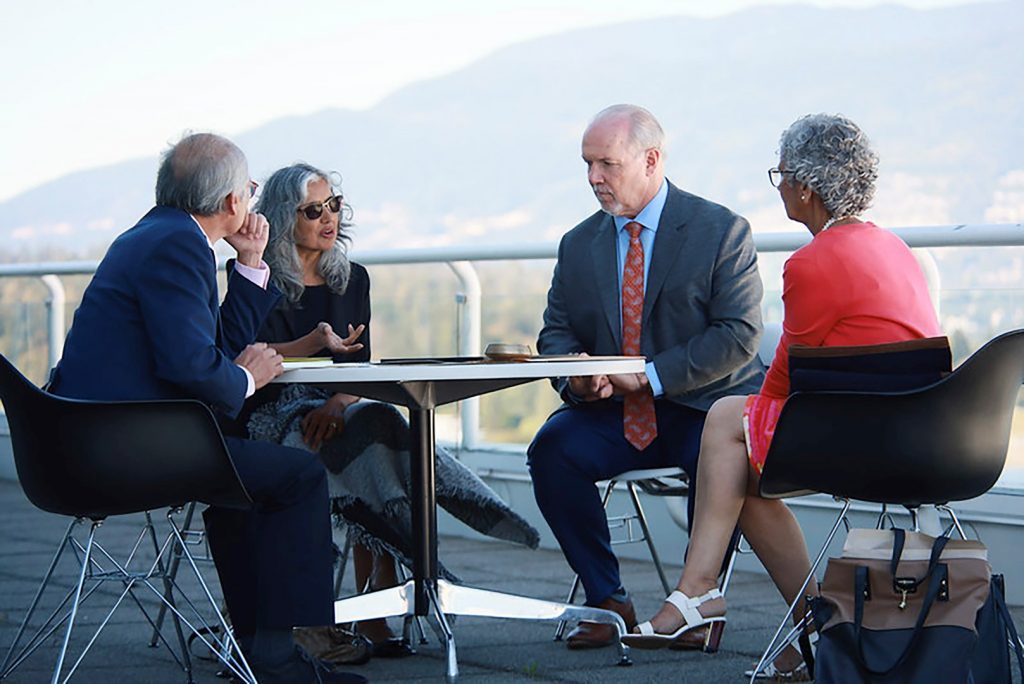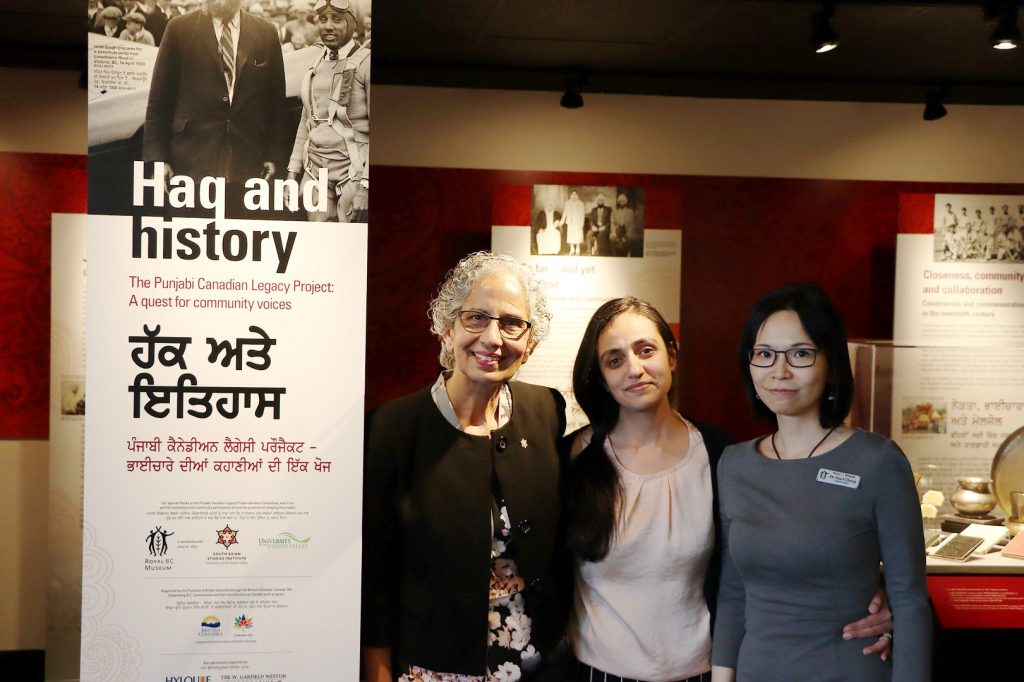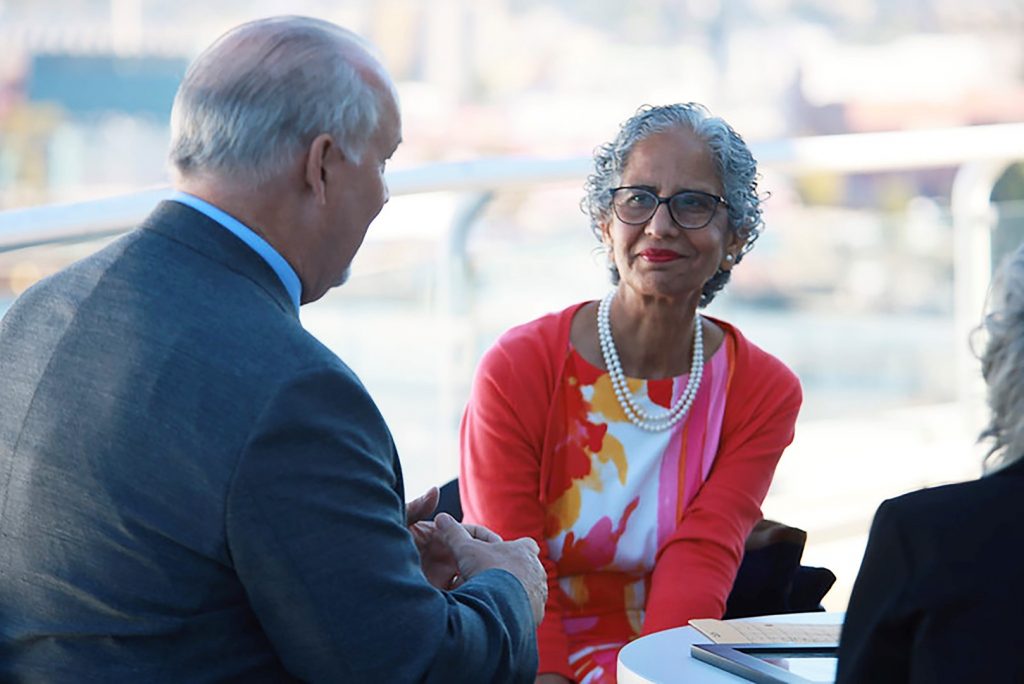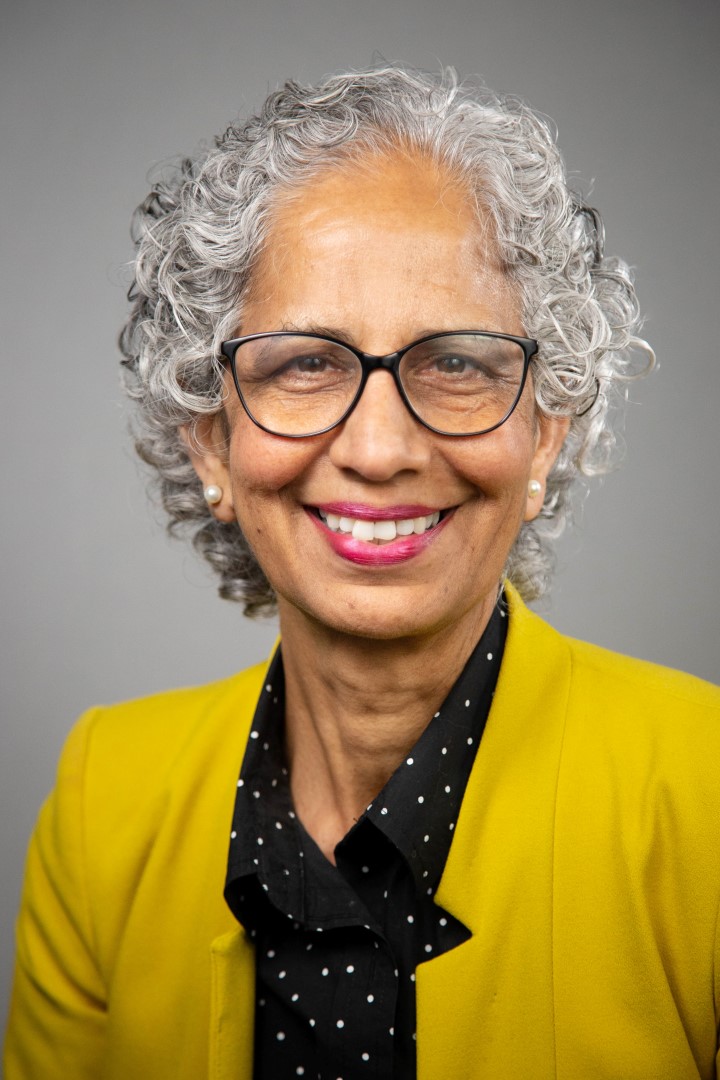BY GARY THANDI
“There is an urgent need to continue this work. We have gone across the province, gone to several regions, and met with hundreds of people to ask them what we should be doing? And the number one thing we were told was ‘make sure there is a record.’ We need to record our stories, a record for the next generation, and the generation of people born in Canada. If they don’t know these stories, then our foundation will be that much weaker. This project will help build that stronger foundation.” -Dr. Satwinder Bains
The South Asian Studies Institute (SASI) at the University of the Fraser Valley recently received funding from the provincial government for Haq and History: A Punjabi Canadian Legacy Project (PCLP).
The PCLP showcases the past and current contributions of the Punjabi community to British Columbia. The collaboration on this work also includes the Royal BC Museum with support from the Abbotsford Community Foundation. The effort has been led by the Punjabi Legacies Advisory Committee (established in 2015) and with South Asian Canadian community partners representing Golden, Prince George, Vancouver Island, Kelowna, Vancouver, Surrey, and Abbotsford. The province is providing $1.14 million for the project.


When the announcement for funding was made, Premier John Horgan noted, “The Punjabi Canadian community has a long and unique history that has contributed significantly to the strength and success of our province. The Punjabi Canadian Legacy Project will create a legacy for future generations while honoring the stories and resilience of our multicultural communities.”
Dr. Satwinder Bains is the Director of the South Asian Studies Institute (SASI) at the University of the Fraser Valley. SASI, which celebrated its 10th year of operations in 2017, has served as aa hub where scholars, community members, international visitors, and students come together to address issues impacting South Asian Canadian communities locally, nationally and internationally.
“When the Institute started, we began to develop linkages with other South Asian Studies institutions across the world, but we also wanted to connect directly with the diasporic communities here in Canada. For the last 10 years, we have been collecting, recording, and creating digital archives of anything that we would reflect our long history in Canada. We have been doing this background work, and we can attest to the fact that there is a community thirst for this work. There is a motivation to engage the community in terms of helping communities understand their histories and identities. We want to have our community thrive and make projections and to look forward into the future. The past informs our present and our future. We are hoping the record of our history emboldens us to do even more. We have accomplished a great deal, but that record is not generally known or understood.”

The Punjabi Canadian Legacy Project will continue to be developed over the next few years to include: the province-wide digitization of South Asian Canadian collections, including artifacts, photos, texts, materials, oral histories, and other resources for the online South Asian Canadian Digital Archive; the creation of a traveling exhibition on South Asian Canadian history; the documentation and marking of local sites of historical importance to South Asian Canadians and B.C. communities; the development of learning resources for South Asian Canadian relevant social studies curriculum for schools in B.C.; the research and development of a comprehensive online B.C. Labour Movements Social Histories Research Project; and the production of a public history book – The South Asian Canadian Social History Project.
“Each project will dovetail into the other,” Dr. Bains explains. “Each project within the larger project will be supportive of the others to produce a rich historical record.”
One such focus will be on curriculum and learning resources. “When we look at our education system, there has not been a fulsome representation of South Asian Canadian challenges and accomplishments,” Dr. Bains notes. “We have been in BC for over 100 years, but our representation within the school curriculum is by no means robust and complete. So, creating and developing learning resources is a focus of one of the projects. This is important not just for South Asian Canadians but also for all Canadians to understand our migration’s historical roots and the many rich contributions made to Canadian society.”

About Dr. Satwinder Bains:
Dr. Bains is the South Asian Studies Institute’s Director at the University of the Fraser Valley. Her current research includes migration, settlement, and integration; cross-cultural education and curriculum implementation; race, anti-racism, ethnicity; identity politics; South Asian Canadian Diaspora studies and Punjabi cultural historiographies. Dr. Bains is currently a Commissioner on the Agricultural Land Commission. She is also a Director of the Fraser Basin Council, and has served on the Law Society of British Columbia as an appointed bencher. She has also been a member of the BC Farm Industry Review Board. She lives in Abbotsford with her partner, Parm, and is a mother of three adult children. She supports a family run international farming operation that ships blueberries around the world. Dr. Bains was the recipient in 2019 of the DRISHTI Magazine Lifetime Achievement Award.



